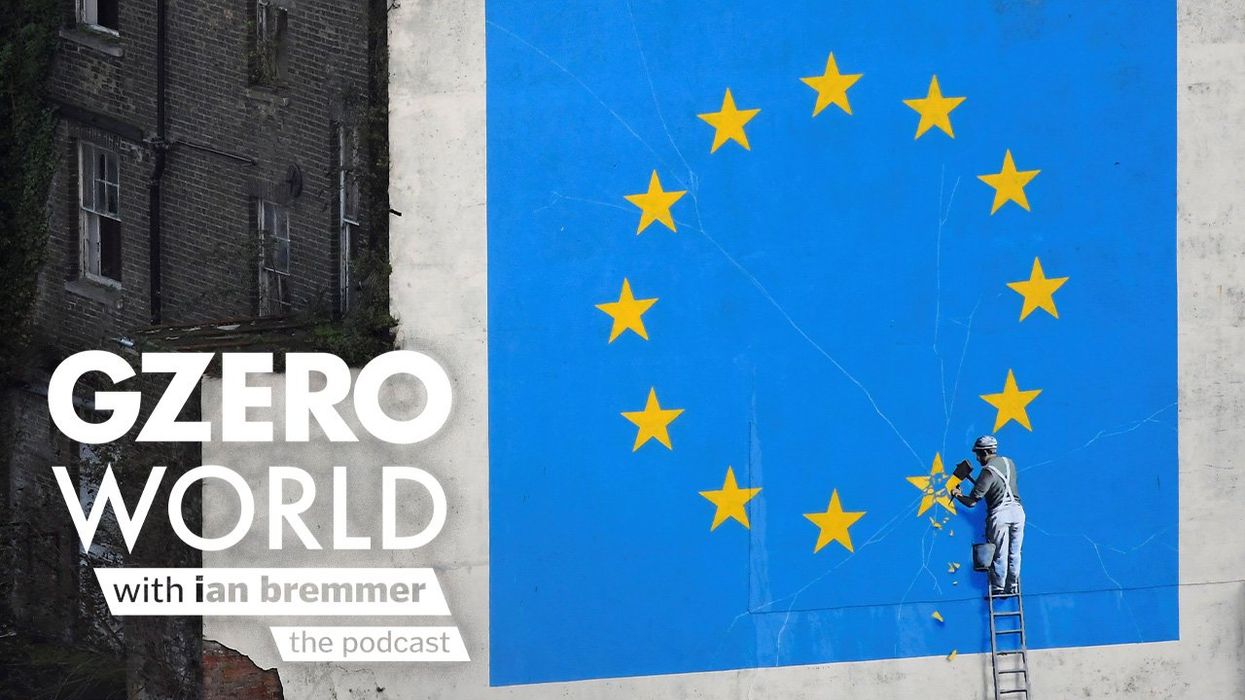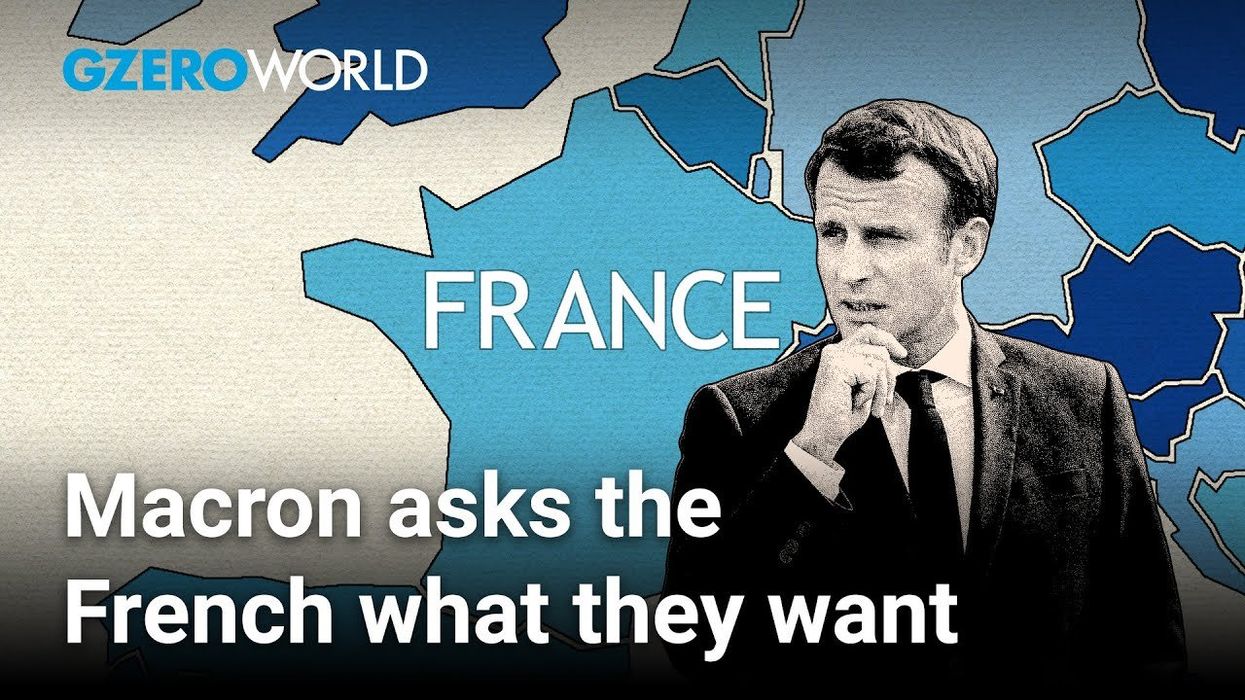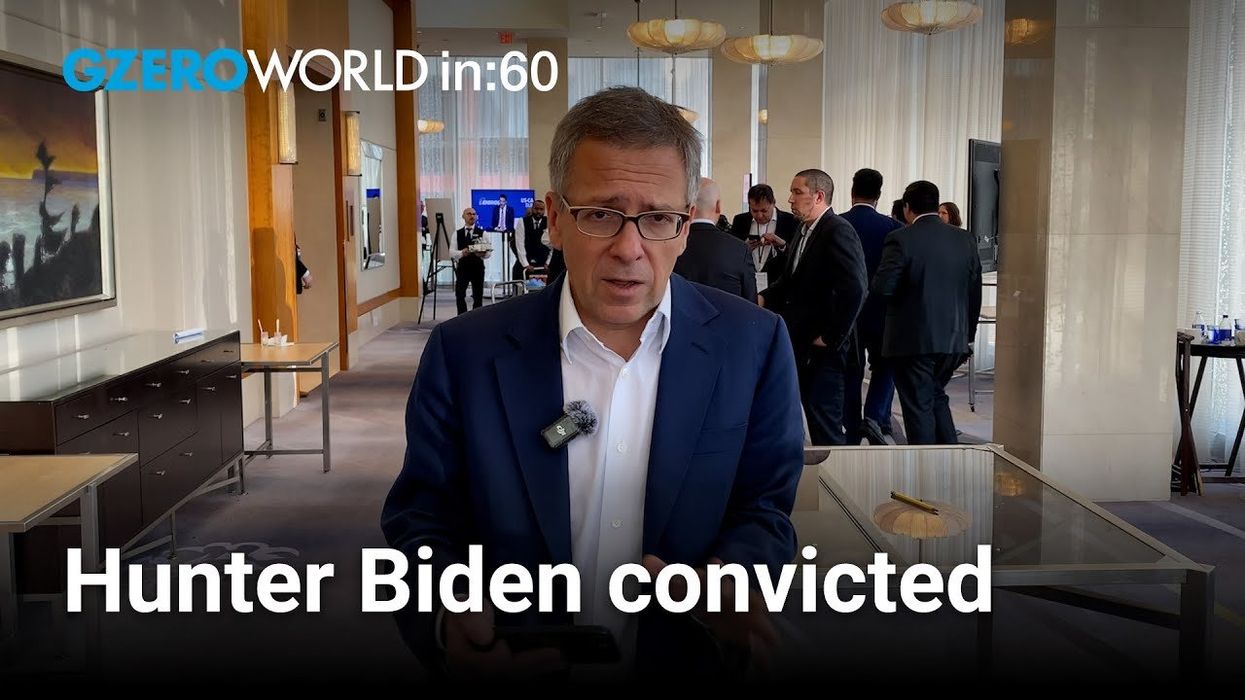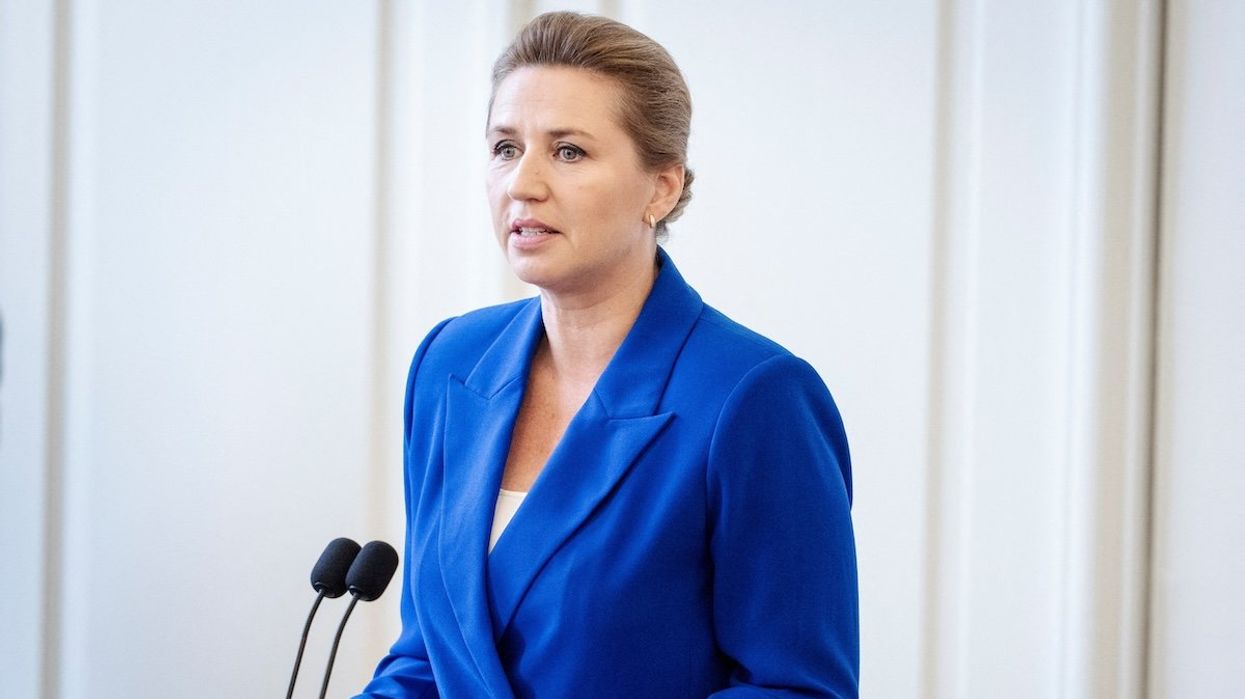GZERO World with Ian Bremmer Podcast
Envisioning Europe's path forward with European Parliament President Roberta Metsola
Listen: On this week’s episode of the GZERO World Podcast, Ian Bremmer sits down with the woman at the heart of Europe’s government: European Parliament President Roberta Metsola. They discuss Europe’s path forward, its role on the world stage, and how a fragmented EU avoids being squeezed by the US and China.
Oct 19, 2024






